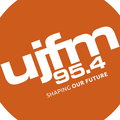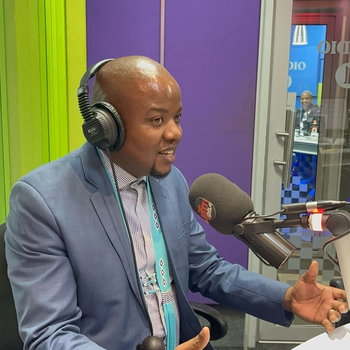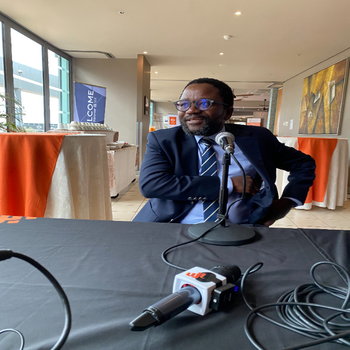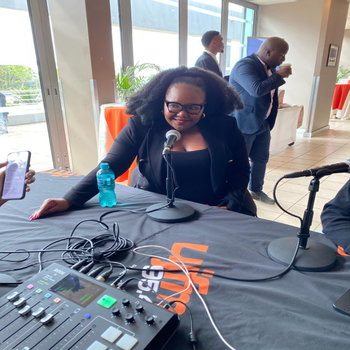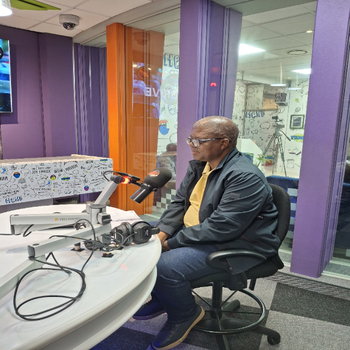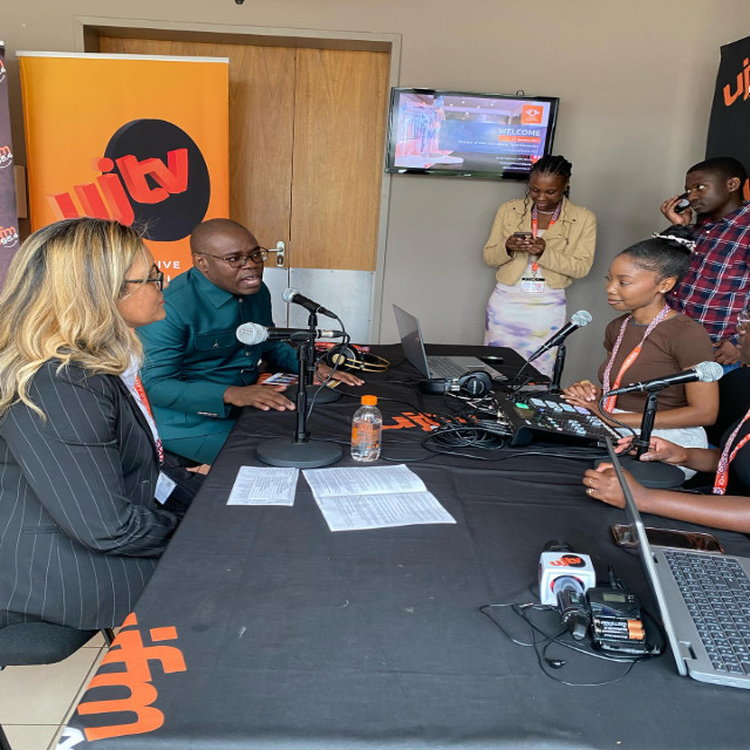
UJ Hosting The Department of Basic Education - Interview with Professor Letlhokwa Mpedi & Professor Nadine F. Petersen
Loading player...
OPEN DISCUSSION WITH EDUCATION DEANS
OBJECTIVES OF THE OPEN DISCUSSION
KEY OBJECTIVES:
1. Aligning Teacher Education with National Priorities
As South Africa continues to grapple with issues of teacher supply, equitable distribution and the quality of learning outcomes, it is crucial to align the curriculum and strategic objectives of Initial Teacher Education (ITE) programs with the Department’s goals. Collaborative efforts can ensure that newly qualified teachers are equipped to meet the demands of a dynamic education landscape, particularly in areas such as language and linguistics, Science, Technology, Engineering and Mathematics (STEM), Information Computer Technology (ICT) integration, and inclusive education.
2. Addressing the Teacher Supply and Demand Gap
Insights from the Education Deans can provide valuable data and perspectives on regional and national trends in teacher production. This partnership can lead to the development of evidence-based policies to address shortages in critical areas, such as rural and under-resourced schools.
3. Addressing the supply and demand of qualified practitioners for the Early Childhood Development (ECD) sector
Education Deans to share the available pathways and qualifications for the ECD sector, linking with the different needs of communities.
4. Strengthening Work-Integrated Learning (WIL) – Teaching Practice
One of the key challenges in ITE is ensuring high-quality, contextually relevant teaching practice experiences for student teachers. A joint effort can enhance the coordination between schools and higher education institutions, ensuring effective implementation of WIL and develop partnerships that benefit both sectors.
5. Innovation in Curriculum Transformation
Collaboration with higher education institutions can foster innovation in teacher education, focusing on decolonisation, digital literacy, and preparation for 21st-century classrooms. This can support the broader transformation agenda in South African education.
6. Enhancing Monitoring and Evaluation of Teacher Education
By engaging with the Deans of Education, the Department of Basic Education (DBE) can strengthen mechanisms for monitoring and evaluating the impact of ITE programs. This includes assessing graduate readiness and their alignment with the professional teaching standards recently introduced by the South African Council for Educators (SACE).
7. Improving quality and fostering innovation in teaching through teacher continuing professional development and lifelong learning
By engaging the Education Deans, to explore lessons in the context of Continuous Professional Development (CPD) in South Africa, explore collaborations in scaling-up programmes and courses for teachers' continuous professional development and lifelong learning
OBJECTIVES OF THE OPEN DISCUSSION
KEY OBJECTIVES:
1. Aligning Teacher Education with National Priorities
As South Africa continues to grapple with issues of teacher supply, equitable distribution and the quality of learning outcomes, it is crucial to align the curriculum and strategic objectives of Initial Teacher Education (ITE) programs with the Department’s goals. Collaborative efforts can ensure that newly qualified teachers are equipped to meet the demands of a dynamic education landscape, particularly in areas such as language and linguistics, Science, Technology, Engineering and Mathematics (STEM), Information Computer Technology (ICT) integration, and inclusive education.
2. Addressing the Teacher Supply and Demand Gap
Insights from the Education Deans can provide valuable data and perspectives on regional and national trends in teacher production. This partnership can lead to the development of evidence-based policies to address shortages in critical areas, such as rural and under-resourced schools.
3. Addressing the supply and demand of qualified practitioners for the Early Childhood Development (ECD) sector
Education Deans to share the available pathways and qualifications for the ECD sector, linking with the different needs of communities.
4. Strengthening Work-Integrated Learning (WIL) – Teaching Practice
One of the key challenges in ITE is ensuring high-quality, contextually relevant teaching practice experiences for student teachers. A joint effort can enhance the coordination between schools and higher education institutions, ensuring effective implementation of WIL and develop partnerships that benefit both sectors.
5. Innovation in Curriculum Transformation
Collaboration with higher education institutions can foster innovation in teacher education, focusing on decolonisation, digital literacy, and preparation for 21st-century classrooms. This can support the broader transformation agenda in South African education.
6. Enhancing Monitoring and Evaluation of Teacher Education
By engaging with the Deans of Education, the Department of Basic Education (DBE) can strengthen mechanisms for monitoring and evaluating the impact of ITE programs. This includes assessing graduate readiness and their alignment with the professional teaching standards recently introduced by the South African Council for Educators (SACE).
7. Improving quality and fostering innovation in teaching through teacher continuing professional development and lifelong learning
By engaging the Education Deans, to explore lessons in the context of Continuous Professional Development (CPD) in South Africa, explore collaborations in scaling-up programmes and courses for teachers' continuous professional development and lifelong learning
